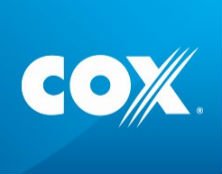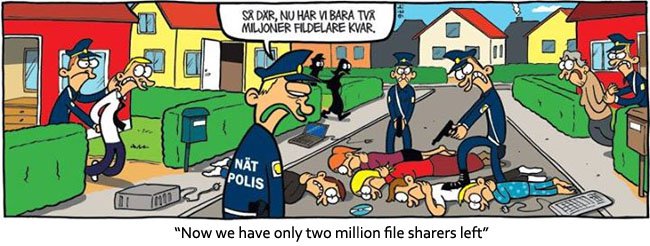MPAA Wants Filmmakers to Pay Licenses, Not Rip Blu-rays
mardi 27 février 2018 à 20:54 Technically speaking it’s not hard to rip a DVD or Blu-ray disc nowadays, and the same is true for ripping content from Netflix or YouTube.
Technically speaking it’s not hard to rip a DVD or Blu-ray disc nowadays, and the same is true for ripping content from Netflix or YouTube.
However, in the US people can break the law when they do this. The DMCA’s anti-circumvention provisions specifically forbid it.
There are some exemptions, such as educational and other types of fair use, but the line between legal and illegal is not always clear, some argue.
Filmmakers, for example, are allowed to use small pieces of other copyrighted films under some conditions. However, this only applies to the documentary genre.
This is confusing and creates uncertainty, according to the International Documentary Association, Kartemquin Films, Independent Filmmaker Project, University of Film and Video Association, and several other organizations.
Late last year they penned a submission to the Copyright Office, which is currently considering updates to the exemptions, where they argued that all filmmakers should be allowed by break DRM and rip Blu-rays. The documentary exemptions have been in place for years now and haven’t harmed rightsholders in any way, they said.
“There is no reason this would change if the ‘documentary’ limitation were removed. All filmmakers regularly need access to footage on DVDs and without an exemption to DVDs, many non-infringing uses simply cannot be made,” the groups noted.
Not everyone agrees with this assessment though. A group of “joint creators and copyright owners” which includes Hollywood’s MPAA, the RIAA, and ESA informs the Copyright Office that such an exemption is too broad and a threat to the interests of the major movie studios.
The MPAA and the other groups point out that the exemption could be used by filmmakers to avoid paying licensing fees, which can be quite expensive.
“Many of the filmmakers who have participated in the rulemaking assert that license fees are often higher than they are willing to pay,” the Joint Creators and Copyright Owners write.
“While unfortunate, the fact that a copyright owner has chosen to make works available on terms that are not palatable to a particular user does not make that user’s proposed use fair or justify granting an exemption.”
If the filmmakers don’t have enough budget to license a video, they should look for alternatives. Simply taking it without paying would hurt the bottom line of movie studios, the filing suggests.
“Many filmmakers work licensing fees into their budgets. There is clearly a market for licensing footage from motion pictures, and it is clear that unlicensed uses harm that market.
“MPAA members actively exploit the market for licensing film clips for these types of uses. Each year, MPAA member companies license, collectively, thousands of clips for use in a variety of works,” the group writes.
The Copyright Office has limited the exemption to the documentary genre for a good reason, the creators argue, since non-documentaries are less likely to warrant a finding of fair use.
In addition, they also refute the claim that the documentary category is “vague.” They note that the International Documentary Association, which argued this, has an award ceremony for the same category, for example.
Finally, the MPAA and other creators respond to calls to extend the current exemptions to 4K content, such as AACS2 protected Ultra HD discs. They see no need for this, as the filmmakers and other groups haven’t shown that they suffer negative consequences in the current situation.
They have alternatives, such as regular Blu-ray discs, while allowing AACS2 circumvention could severely impact the Ultra HD ecosystem, they argue.
“No one has released a universal hack to all Ultra HD films protected by AACS2. The integrity of the AACS2 and Ultra HD technology is an especially important component of the ecosystem that is resulting in the increased availability of motion pictures.
“The Register and the Librarian should not undermine this integrity by authorizing widespread hacking, which could negatively impact ‘the market for or value of’ some of the industry’s most exciting products,” the Joint Creators add.
The Copyright Office will take all arguments into consideration before it makes a final decision later this year.
—
A copy of the Joint Creators reply is available here.
Source: TF, for the latest info on copyright, file-sharing, torrent sites and more. We also have VPN discounts, offers and coupons

 Earlier this month, the Court of Appeals for the Fourth Circuit
Earlier this month, the Court of Appeals for the Fourth Circuit 

 This week we have two newcomers in our chart.
This week we have two newcomers in our chart.